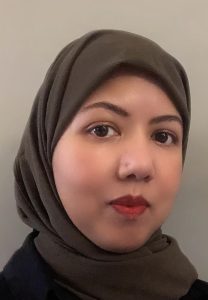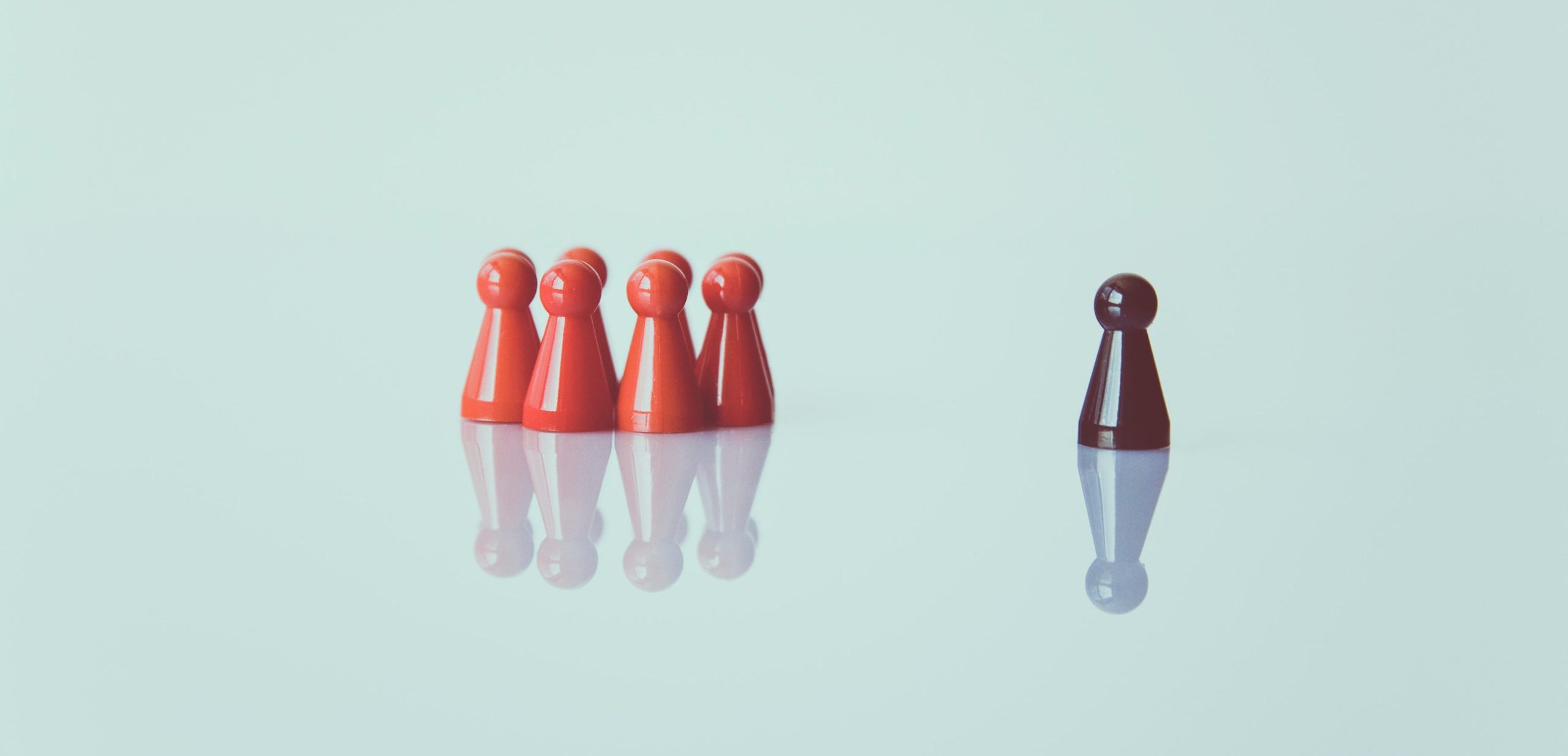 Afrosa Ahmed is a GP and ‘Mindfulness and Health’ lecturer at the Tavistock Clinic, as well as a clinical professional practice tutor at UCL Medical School in London.
Afrosa Ahmed is a GP and ‘Mindfulness and Health’ lecturer at the Tavistock Clinic, as well as a clinical professional practice tutor at UCL Medical School in London.
Born and brought up on the streets of south London in the eighties, I consider myself as British as the next person. As a child playing with my friends in school, I wasn’t aware of race. Even being called ‘Paki’ in the estates of Deptford they laughed, I laughed, this was life. My parents being immigrants, enforced into us to keep our heads down and work hard, to adopt a ‘don’t cause trouble’ attitude – which essentially meant take it and don’t respond. Being called these occasional names I still performed well academically at school, it never placed limits. Life was good … until I got to medical school.
Even being called ‘Paki’ in the estates of Deptford they laughed, I laughed, this was life.
At that time there were two of us who wore a headscarf in the small London medical school. We stuck together to survive. Turning up to an elective surgery one afternoon we were screamed at by the nurse and then the surgeon to get out, ‘don’t come in with that thing on your head’. We did not question it.
Due to our upbringing, we were taught to accept what was said by senior figures. It did not cross our minds that there could be alternative ways to participate in theatre – no discussion took place, we were just told to leave. Inclusivity and representation were not a thing. We, as naïve medical students formed a belief there and then that Muslim women could not be surgeons in this country.
This ‘thing on my head’ and the colour of my skin means that I am Dr Arora, I am Baba Gawa, and many others, who have been defined by their appearance.
Forward 20 years later, there are scores of medical students with head coverings, phrases such as ‘diversity’ and ‘belonging’ are part of everyday language. Despite the huge strides we have taken I still feel there is work to do. The reality is that as a general practitioner I practise knowing that people who look like me are at risk of being unfairly treated. Since medical school we still have more fear than hope with organisations such as the general medical council. This ‘thing on my head’ and the colour of my skin means that I am Dr Arora, I am Baba Gawa, and many others, who have been defined by their appearance. It has caused me to practice my medicine even more defensively, especially in this modern culture of litigation.
So how can we change this? Firstly, we need to change the language. In the late 1940s Albert Einstein labelled racism as America’s “worst disease”.1 If we adopted this viewpoint that was made all those years ago, could we have eradicated racism like smallpox? By understanding its pathology, its transmission (no one is born racist) and then adopting behavioural and cognitive interventions to treat it.
The BMA published a report ‘anti-racism in medicine’ in 20222 which showed that 75.6% of doctors experience racism at least once in the last two years, there are low levels of reporting and one-third said they considered leaving the profession due to discrimination.
Maybe I wasn’t such a naïve medical student after all.
References
- Jerome F, Einstein and racism in America, Physics Today 58, 9, 54 (2005); https://doi.org/10.1063/1.2117824
- British Medical Association, Racism in Medicine, 15th June 2022, https://www.bma.org.uk/media/5746/bma-racism-in-medicine-survey-report-15-june-2022.pdf [accessed 27/2/23]
Featured image by Markus Spiske on Unsplash







Well said Afrosa. Racism is a nasty local form of tribalism, which is a besetting sin of humanity. We will only ever marginalise it when we recognise it and persistently call it out.
Hi, I really liked your article. Although diversity inclusion and equal rights are emphasised in the corproate sector and the health care industry… these views are sadly still faced and felt by many girls wearing hijabs and working in corporate and health care industries. It will take some more time… I guess. 😉